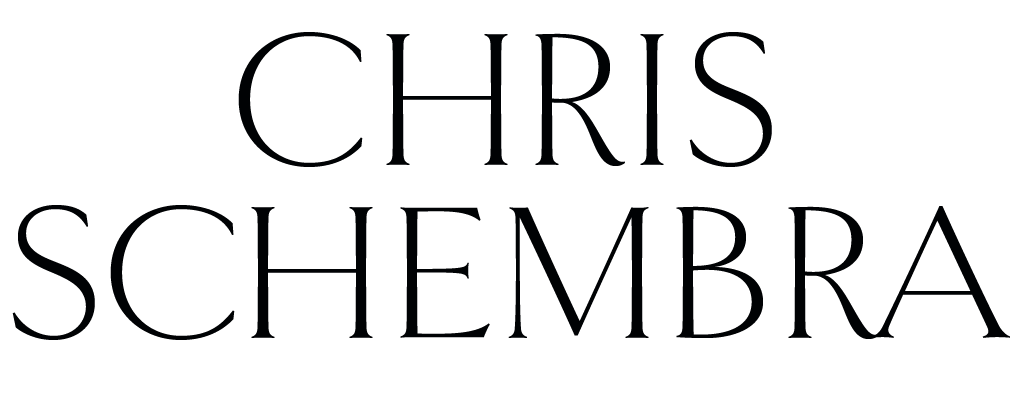The Gratitude Question
"If you could give credit or thanks to one person in your life, that you don't give enough credit or thanks to, who would that be?"
For nearly a decade, I've asked tens of thousands of people a simple, yet profoundly transformative question:
"If you could give credit or thanks to one person in your life that you don’t give enough credit or thanks to, who would that be?"
This question has been at the heart of over 700 events, more than 5,000 meetings, and countless personal conversations. It's a question that seems straightforward on the surface, but its power lies in the vulnerability and reflection it unlocks. It’s become more than just a question—it’s a gateway to connection, healing, and understanding.
Why This Question Matters
It Opens Doors to Vulnerability:
By asking people to reflect on unspoken gratitude, it invites them into a space of introspection. It’s not just about thanking the obvious figures—parents, teachers, mentors—but about uncovering the hidden influences in our lives.It Reveals Unexpected Relationships:
The most powerful answers often come from surprising places: an old rival, a tough boss, a fleeting stranger, or even an adversary. These stories highlight how growth often comes from the challenges and conflicts we face.It Bridges the Gap Between Regret and Relief:
Many people realize they’ve missed opportunities to express gratitude, leading to feelings of regret. But in sharing their stories, they find relief—acknowledging these influences becomes a form of healing.It Fosters Connection and Belonging:
This question creates a ripple effect. When one person shares, it opens the door for others to reflect and connect over shared experiences of gratitude and growth.
What I’ve Learned Through the Years
Gratitude Is Not Just for the Good Times:
Some of the most meaningful thanks come from places of struggle. I've seen people thank those who hurt them, challenged them, or pushed them to their limits, recognizing that adversity often plants the seeds of growth.Third-Party Vulnerability Unlocks Deeper Truths:
When people give credit to someone else, they reveal profound truths about themselves—their values, lessons learned, and the paths they've traveled. This indirect vulnerability is where the magic happens.The People with the Least Often Have the Most Gratitude:
Through my experiences, especially in places like Washington Square Park, I've noticed a striking pattern: those who seem to have the least in life often express the deepest gratitude. Conversely, those with the most often struggle to recognize the influences that shaped them.Gratitude Creates Momentum:
Acknowledging the people who have impacted us—whether positively or through adversity—propels us forward. It fosters resilience, connection, and a deeper understanding of ourselves and our journeys.
Bringing This Question to Life
This question isn’t just something I ask at events; it’s become a cornerstone of my work, my relationships, and my personal growth. Whether in keynotes, workshops, or casual conversations, it’s a tool that consistently opens hearts and minds.
As I continue to ask this question, I’m reminded that gratitude isn’t just about looking back—it’s about moving forward with intention, connection, and a deeper appreciation for the people and experiences that shape us.
So, I’ll ask you now:
If you could give credit or thanks to one person in your life that you don’t give enough credit or thanks to, who would that be?
